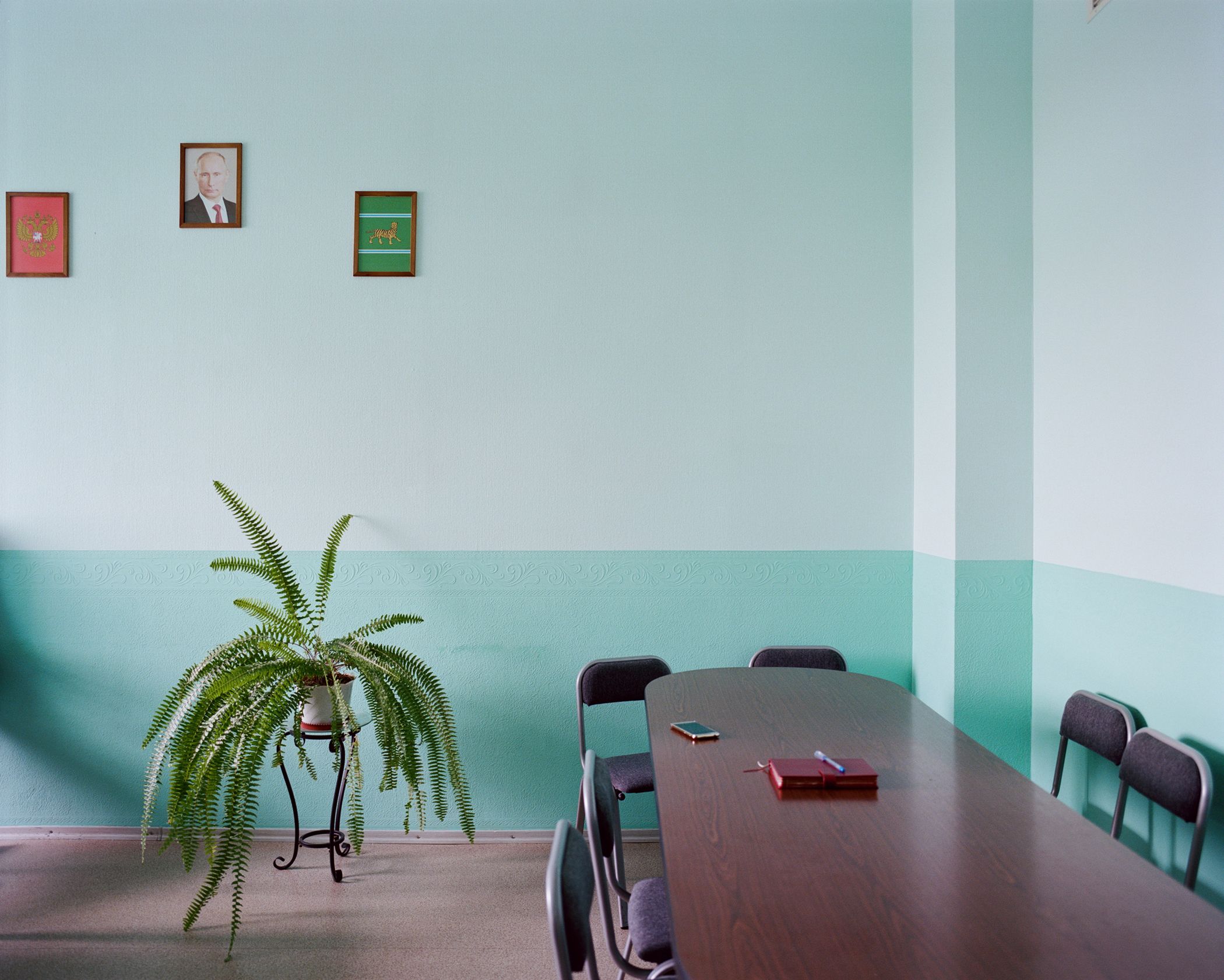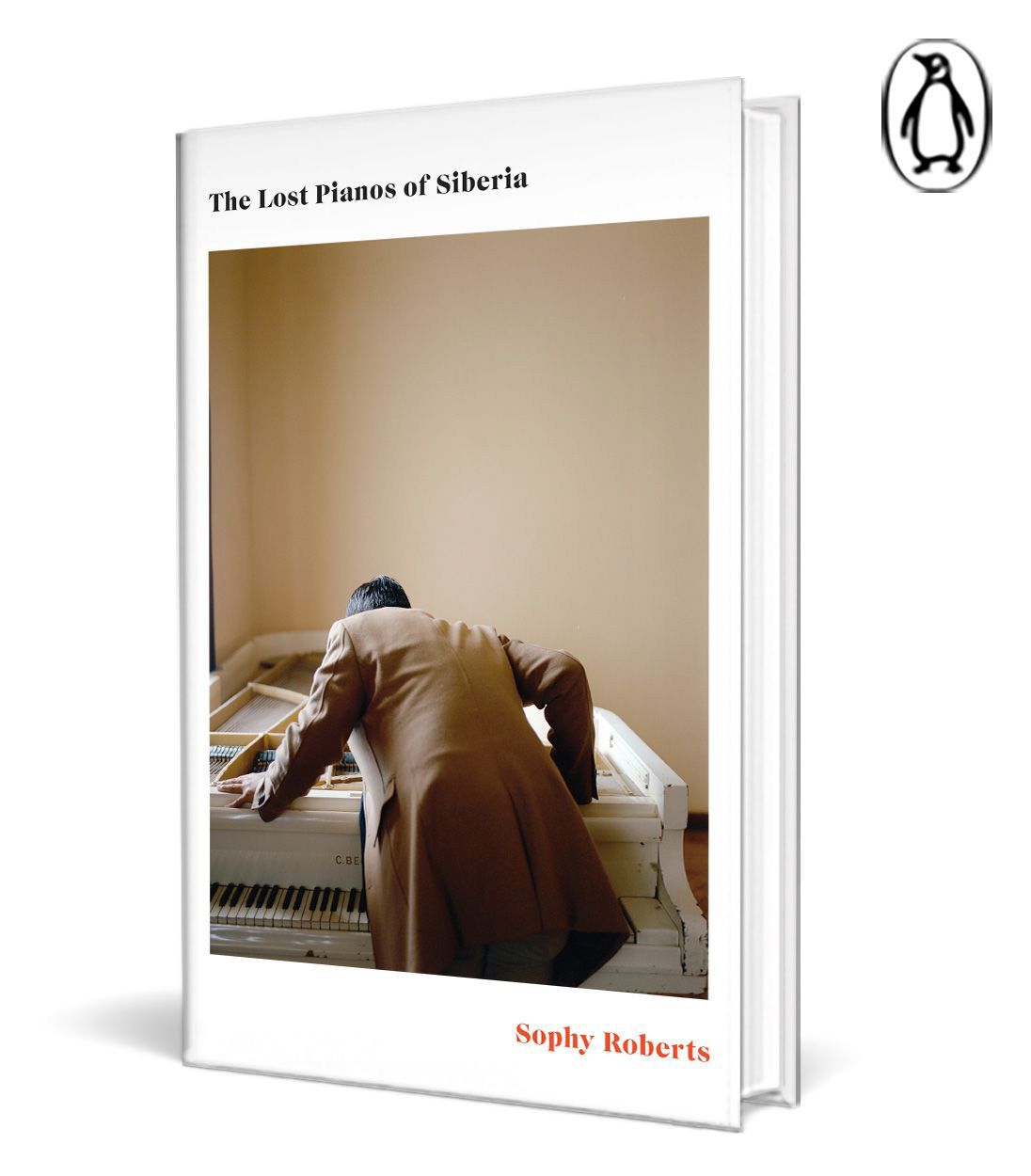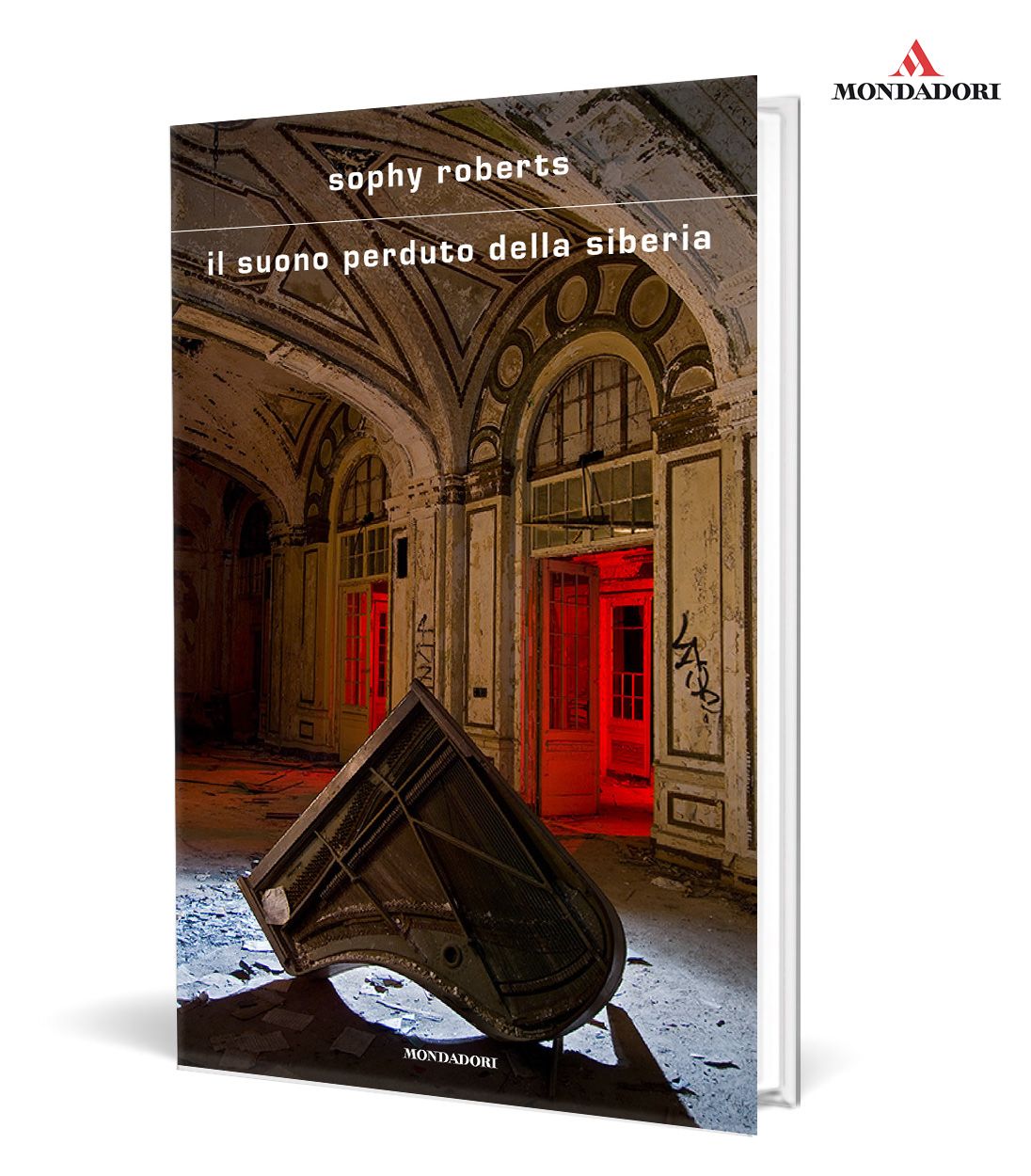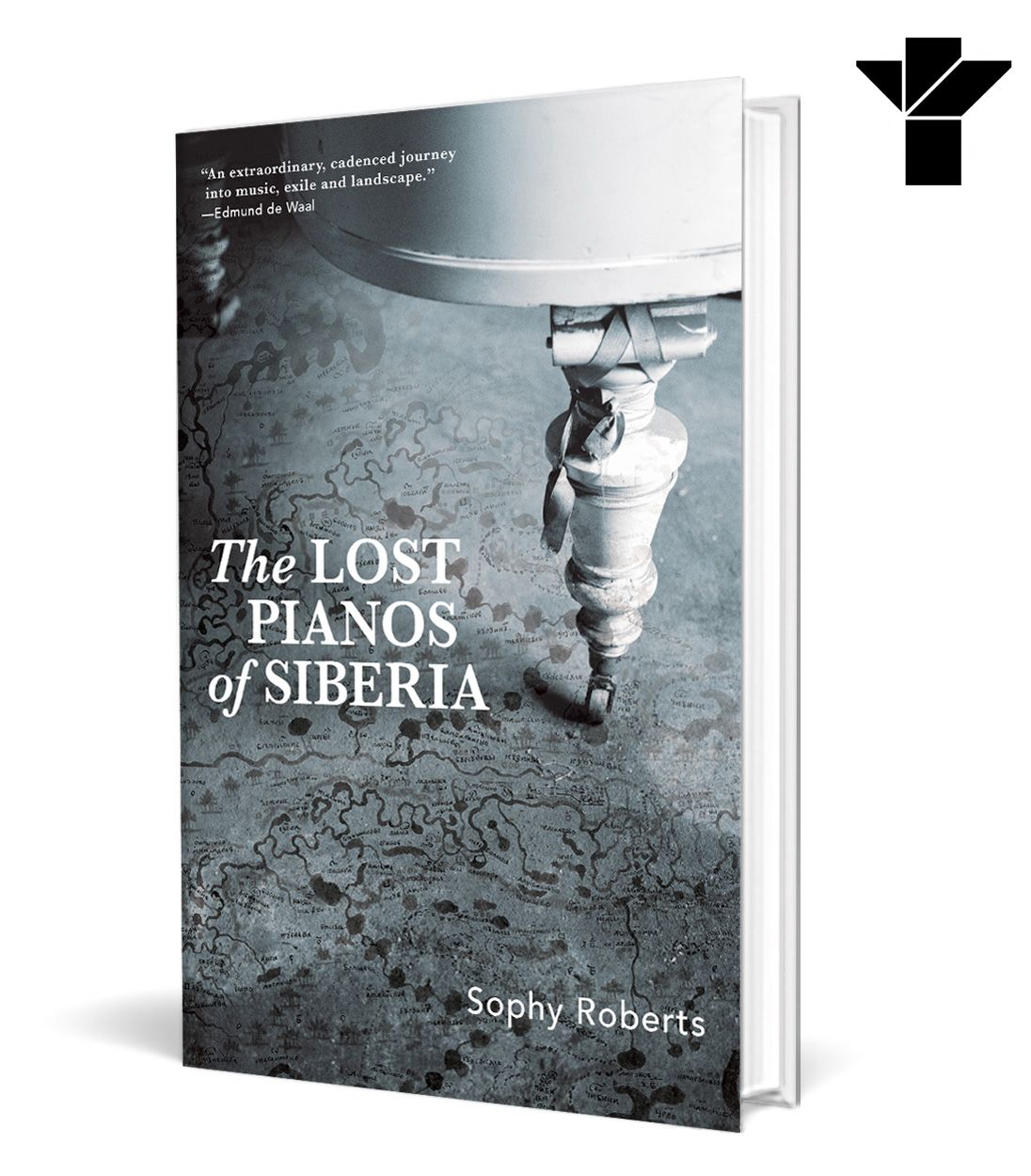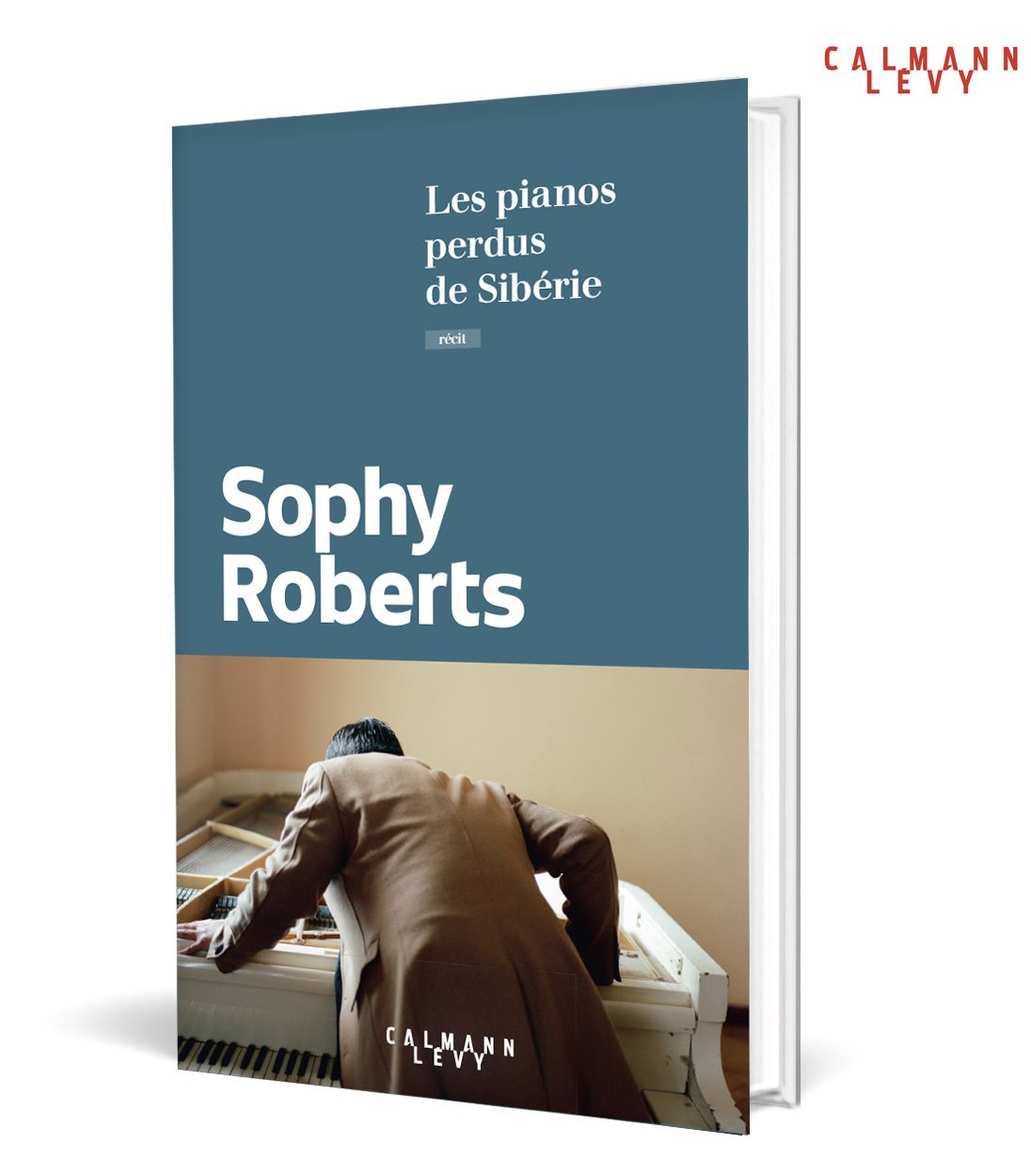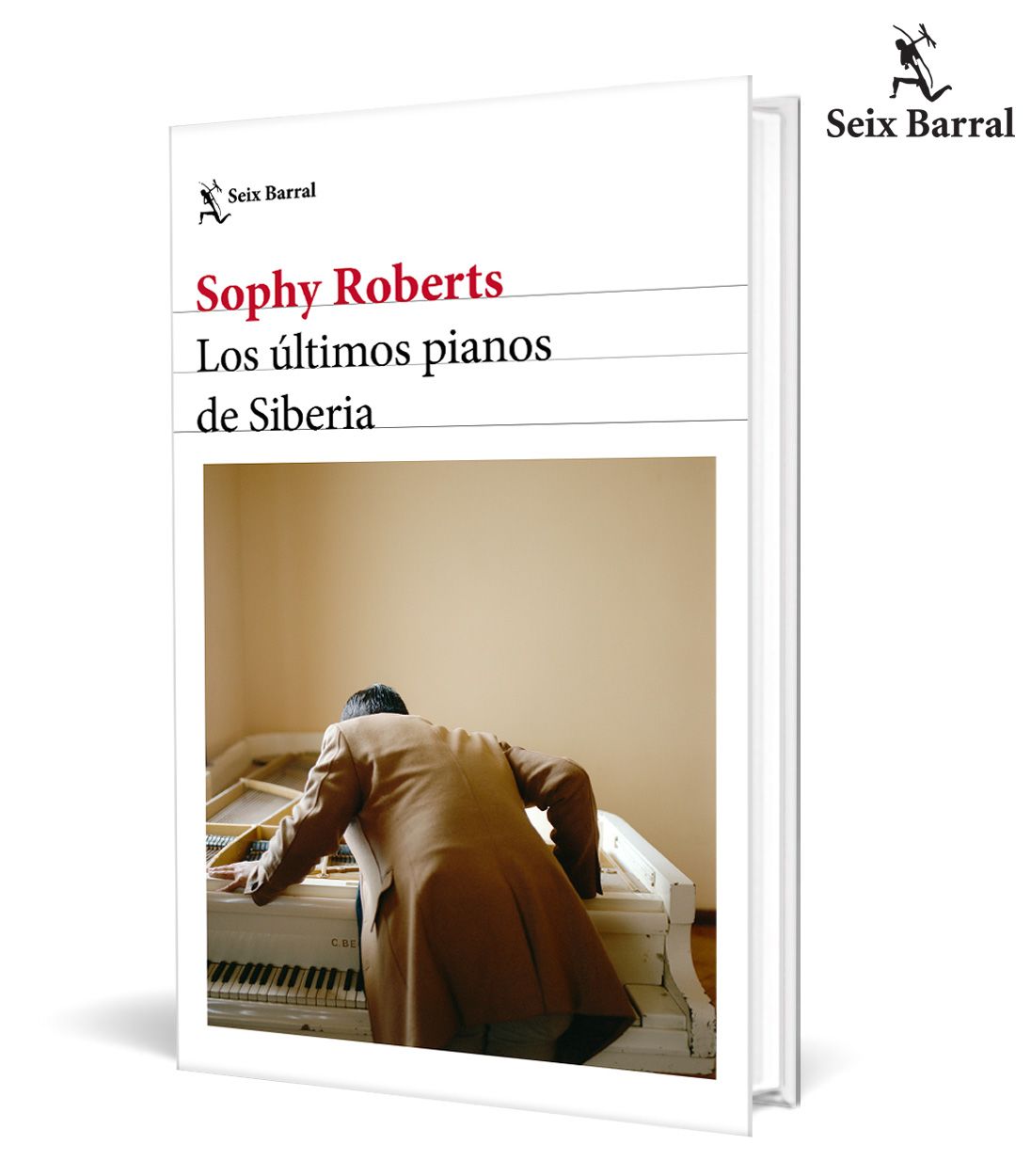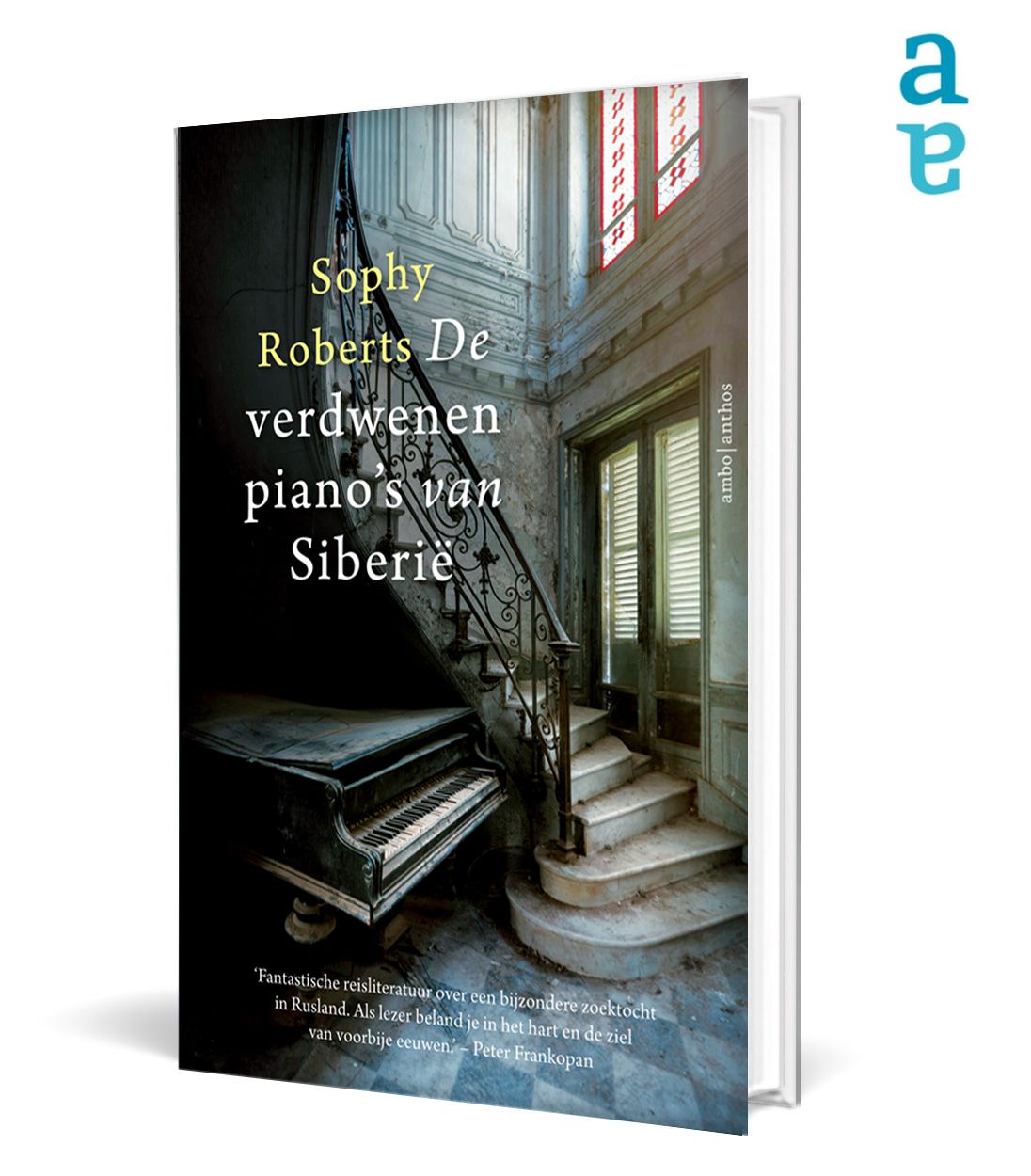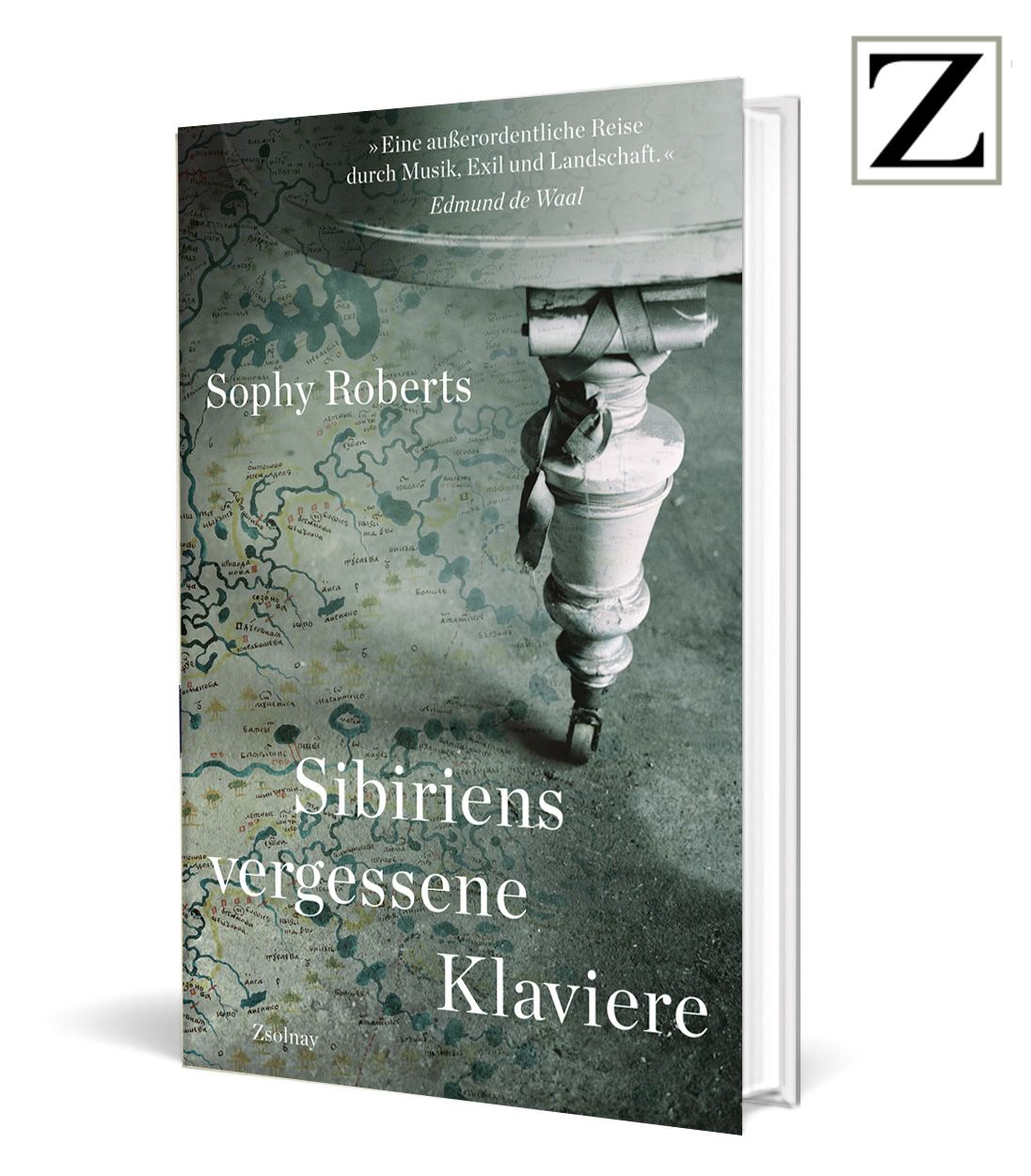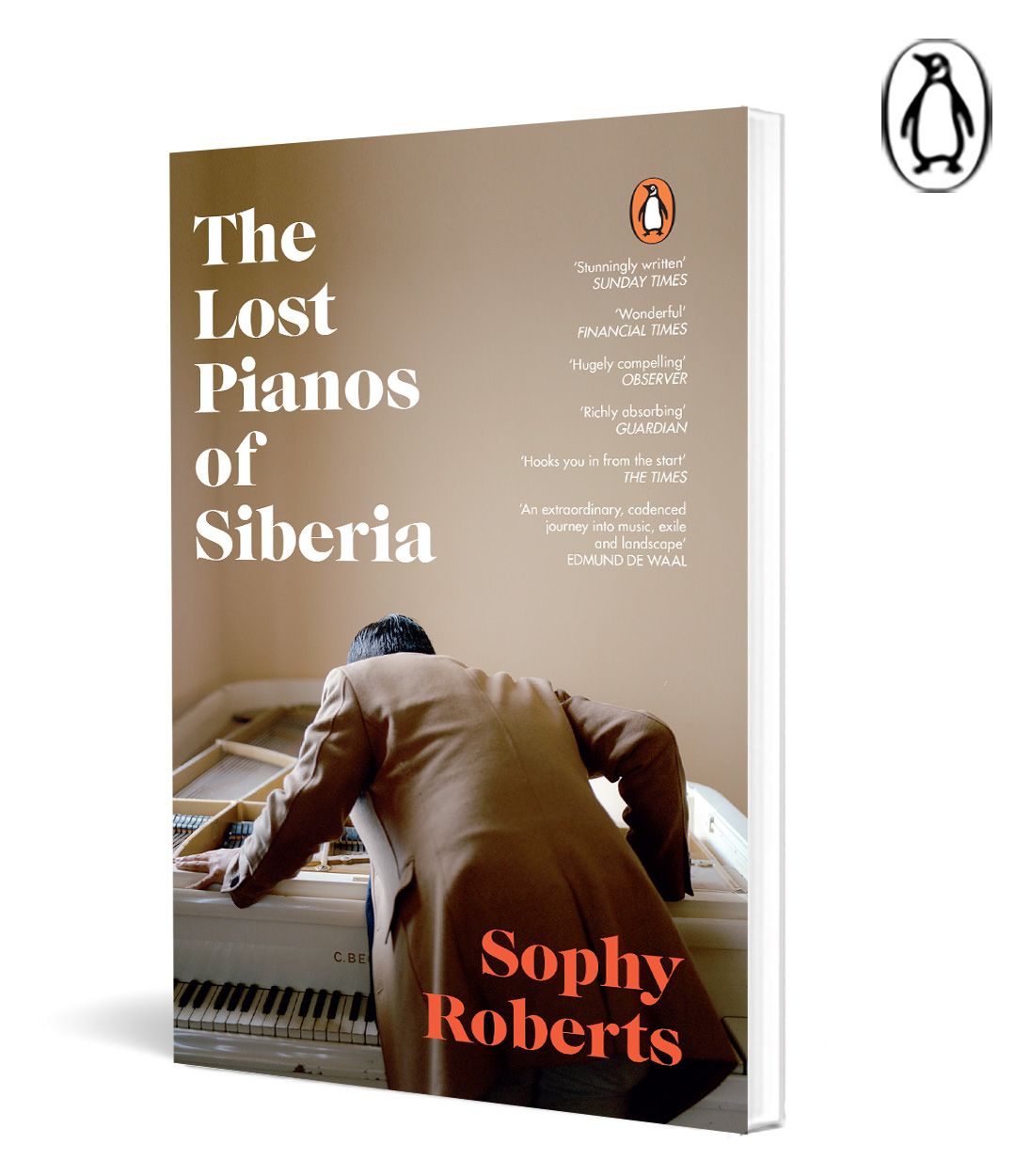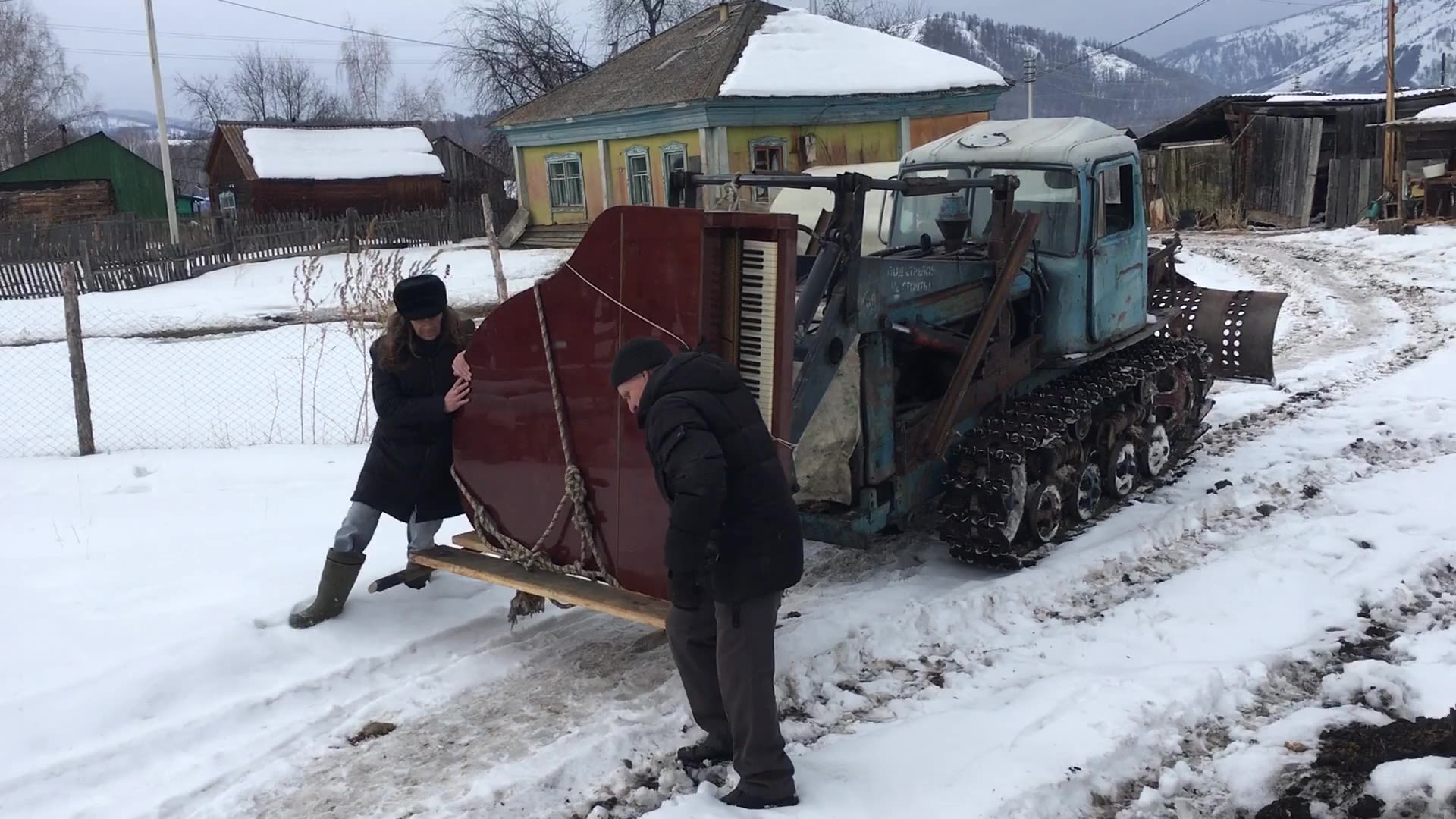
“An extraordinary, cadenced journey into music, exile and landscape.”
The Lost Pianos of Siberia is a non-fiction book first published in 2020 by Doubleday.
USA: Grove Atlantic
German: Zsolnay Verlag
French: Calmann-Levy
Dutch: Ambo Anthos
Spanish: Seix Barral
Italian: Mondadori
Danish: Atlanten
Portuguese: Temas e Debates
Chinese: Archipel
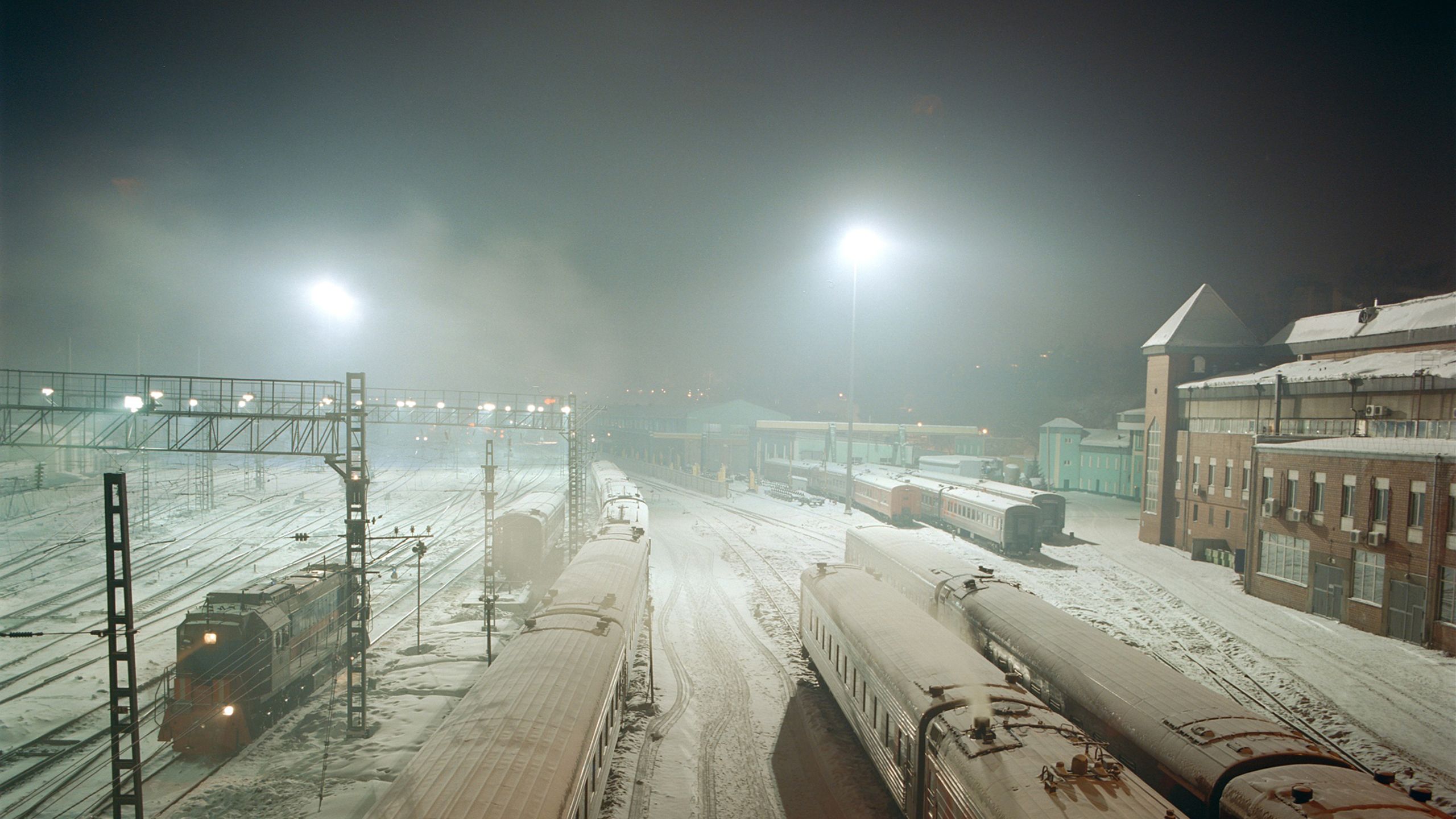
“A sparkling debut by an outstanding and gifted author. A brilliant guide to Russia of the past and the present, set around an extraordinary search for the heart, soul and lost keyboards of centuries gone by.”
THE PLACE
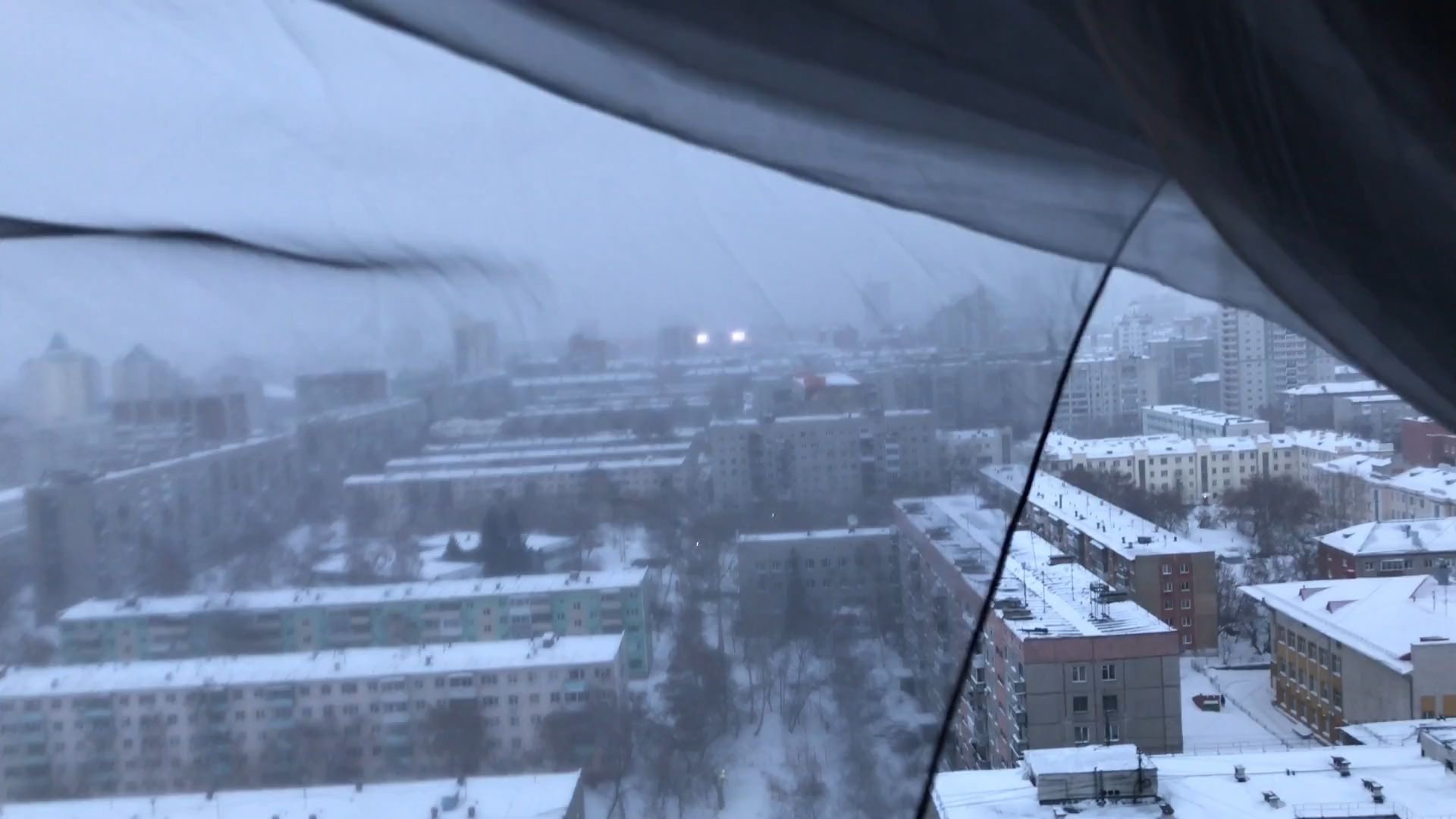
Covering an eleventh of the world’s landmass, Siberia is a land of extremes. Its biggest lake holds a fifth of the world’s fresh water. Its taiga is the largest forest on earth. Siberia is crossed by the world’s longest railroad, and is home to the coldest inhabited city on Earth.
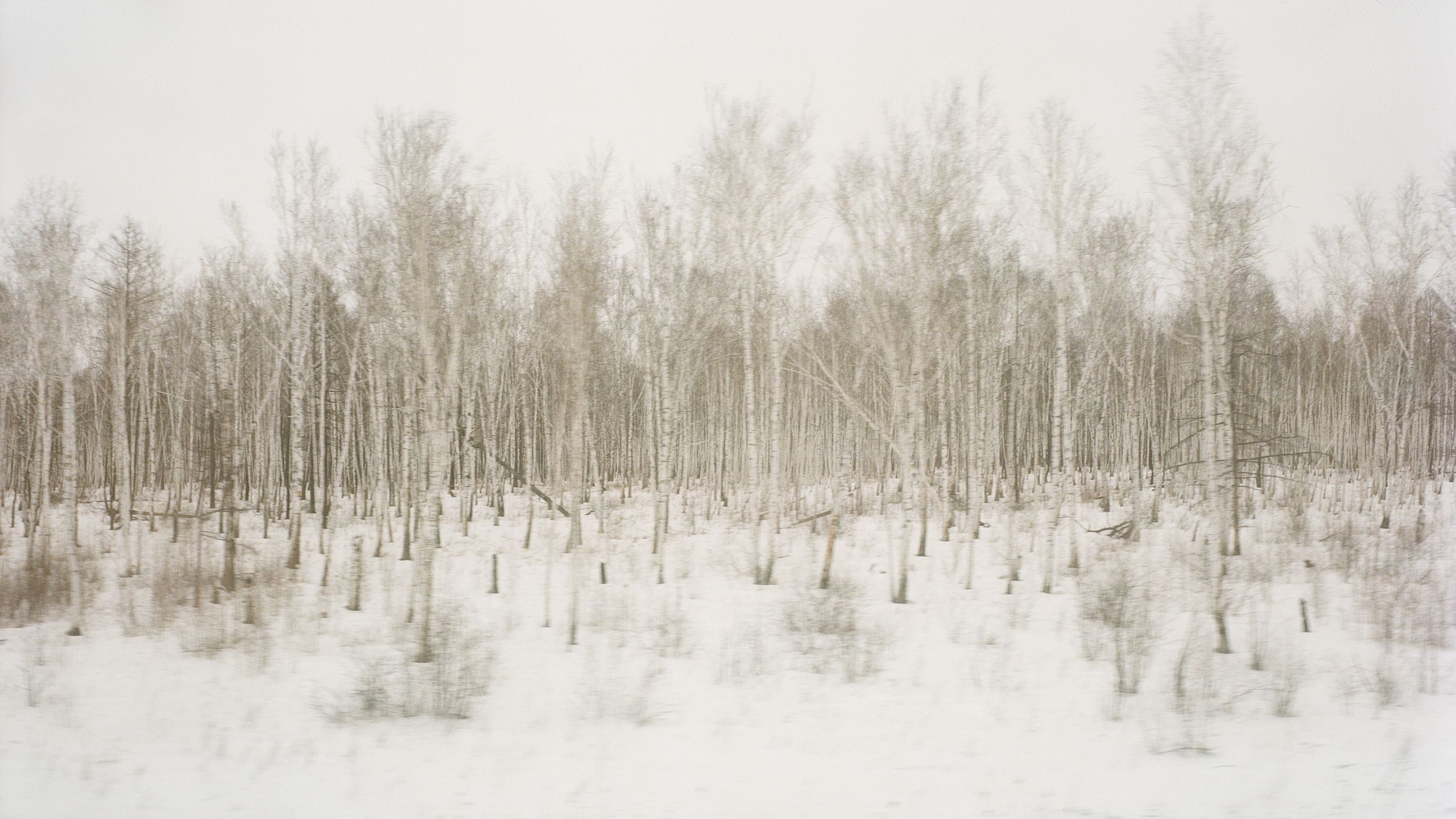
Siberia's borders — reaching from the Arctic to Mongolia, from the Ural Mountains to the Pacific — are indistinct. There is no dramatic curtain-raiser to the edge of Siberia, just thick weather hanging over an abstract idea.
Some of the worst examples of the Soviet Gulag were located in Siberia's remote reaches. Before that, Siberia was a place of exile and banishment — a 'prison without a roof', as it was known under the Tsars.
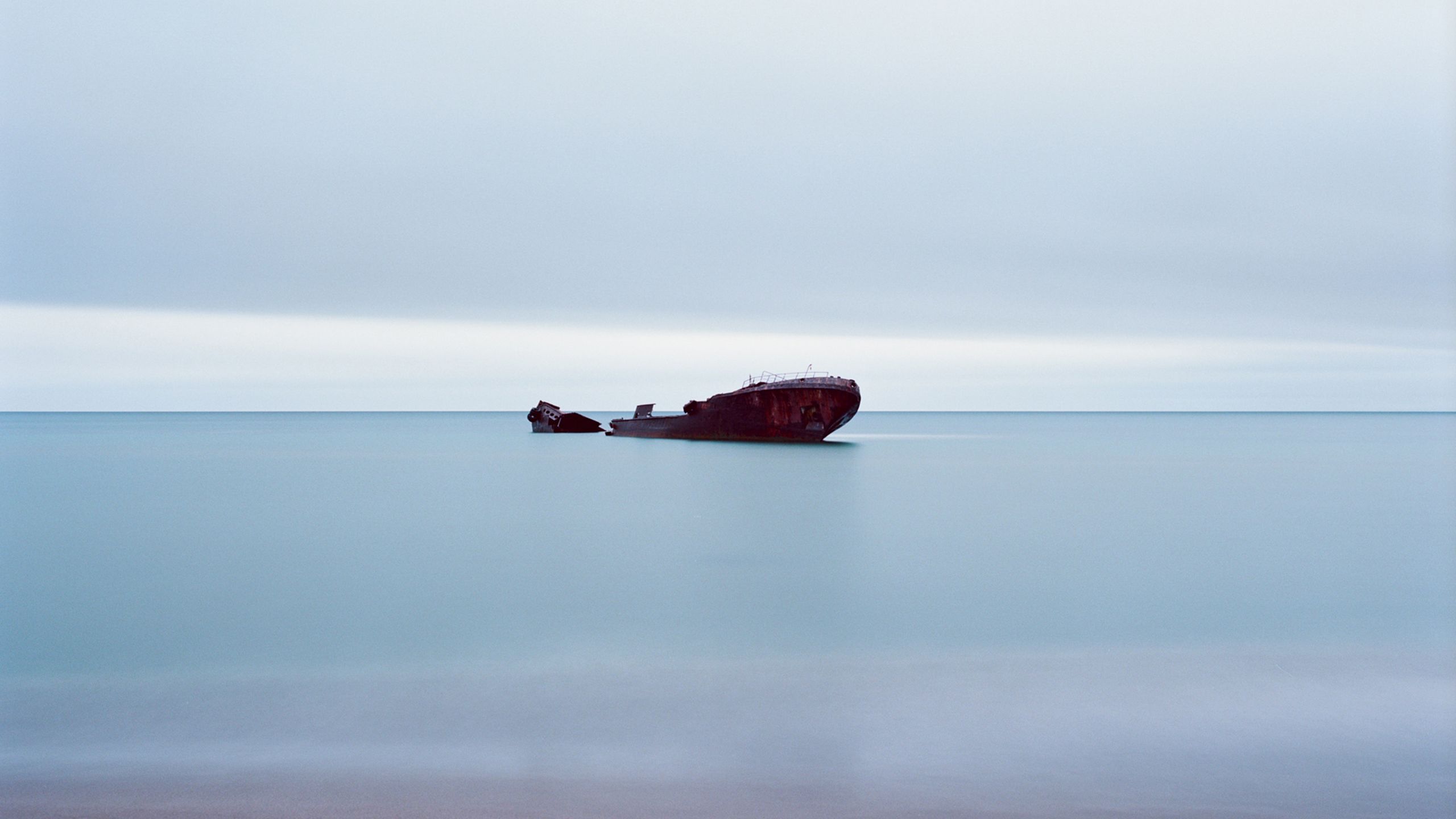
But in spite of its dark history, there is also much to like about Siberia: the feeling of billowing winter snows evoked in Russian music, and the stories of people for whom Siberia is the opposite of a heartless, frigid myth.
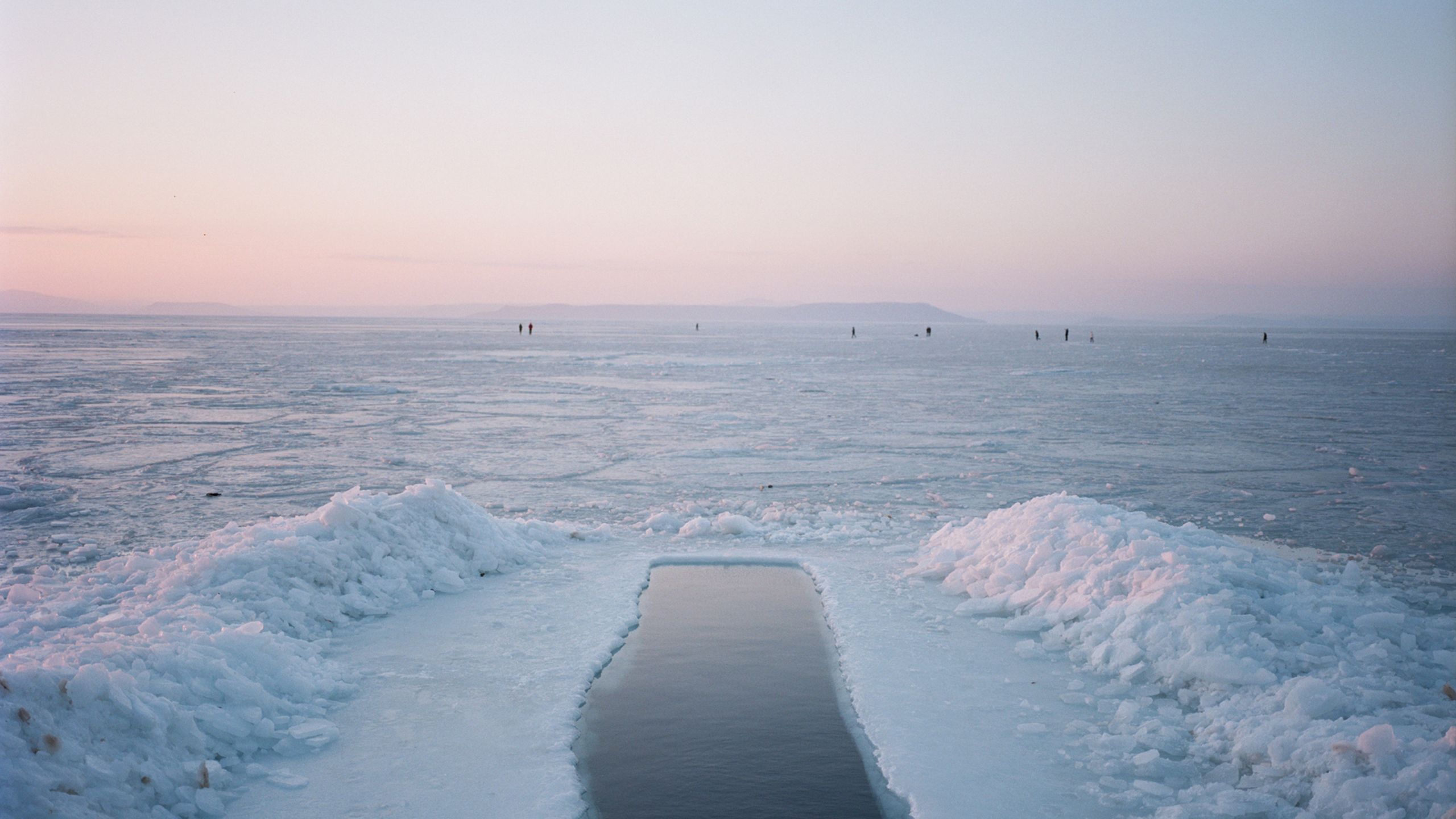
“A quixotic quest, a picaresque travel adventure and a strange forgotten story all wrapped into this one fascinating book.”
THE QUEST
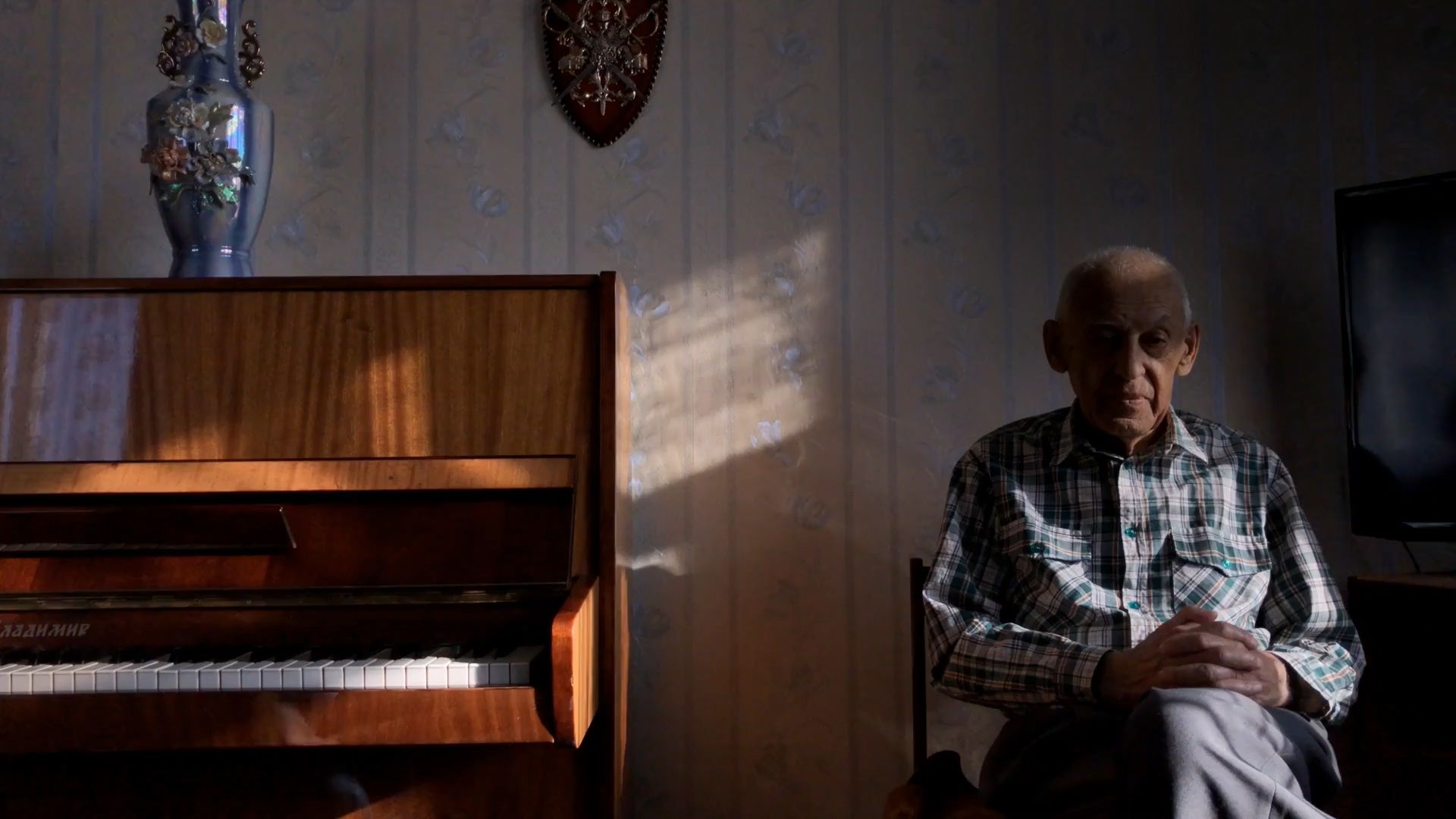
THE QUEST

Siberia may be a vast, hostile landscape with a bloody past. But scattered through this expanse are pianos brought by governors, exiles and adventurers before the roads and railways arrived.
After the 1917 Revolution, pianos were again distributed all over Siberia, benefitting Russians who had never before had access to a musical education. Piano culture continued to thrive after the Second World War.
Then with the breakdown of the Soviet Union in the 1990s, numerous instruments were left to rot when funding ran out.
Often all that is left of a piano's backstory can be gleaned from the serial number hidden inside an instrument — stories that reach back through more than two hundred years of Russian history.
Yet there are also pianos that have managed to withstand the furtive cold forever trying to creep into their strings. Belief in music's comfort survives in muffled notes from broken hammers, in beautiful harmonies describing unspeakable things that words can't touch. It survives in the pianos that everyday people have done everything to protect.
Finding the right historical instrument for a Mongolian concert pianist is the heart of my three-year quest.
Siberia may be a vast, hostile landscape with a bloody past. But scattered through this expanse are pianos brought by governors, exiles and adventurers before the roads and railways arrived.
After the 1917 Revolution, pianos were again distributed all over Siberia, benefitting Russians who had never before had access to a musical education. Piano culture continued to thrive after the Second World War.
Then with the breakdown of the Soviet Union in the 1990s, numerous instruments were left to rot when funding ran out.
Often all that is left of a piano's backstory can be gleaned from the serial number hidden inside an instrument — stories that reach back through more than two hundred years of Russian history.
Yet there are also pianos that have managed to withstand the furtive cold forever trying to creep into their strings. Belief in music's comfort survives in muffled notes from broken hammers, in beautiful harmonies describing unspeakable things that words can't touch. It survives in the pianos that everyday people have done everything to protect.
Finding the right historical instrument for a Mongolian concert pianist is the heart of my three-year quest.
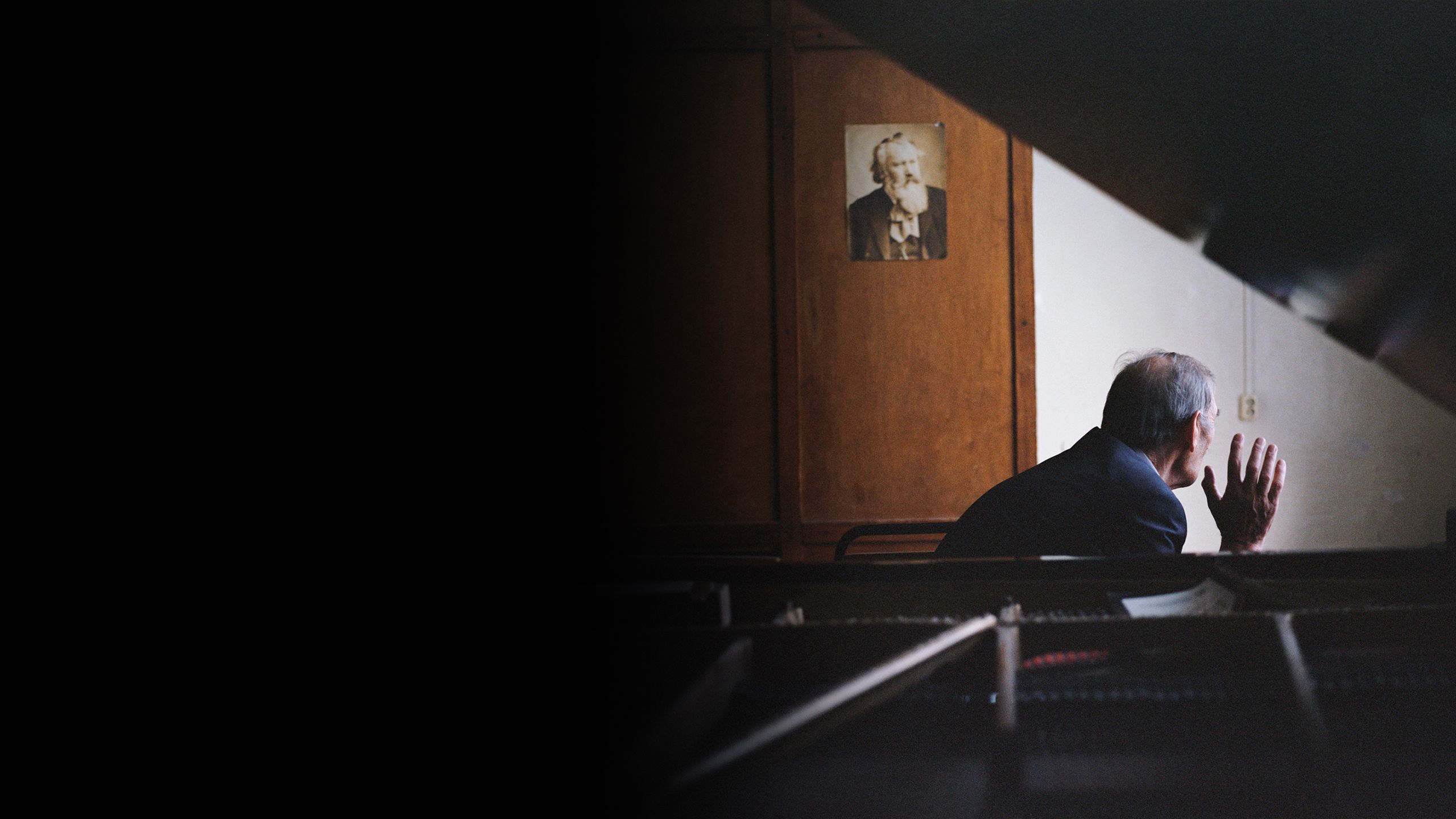
THE JOURNEY
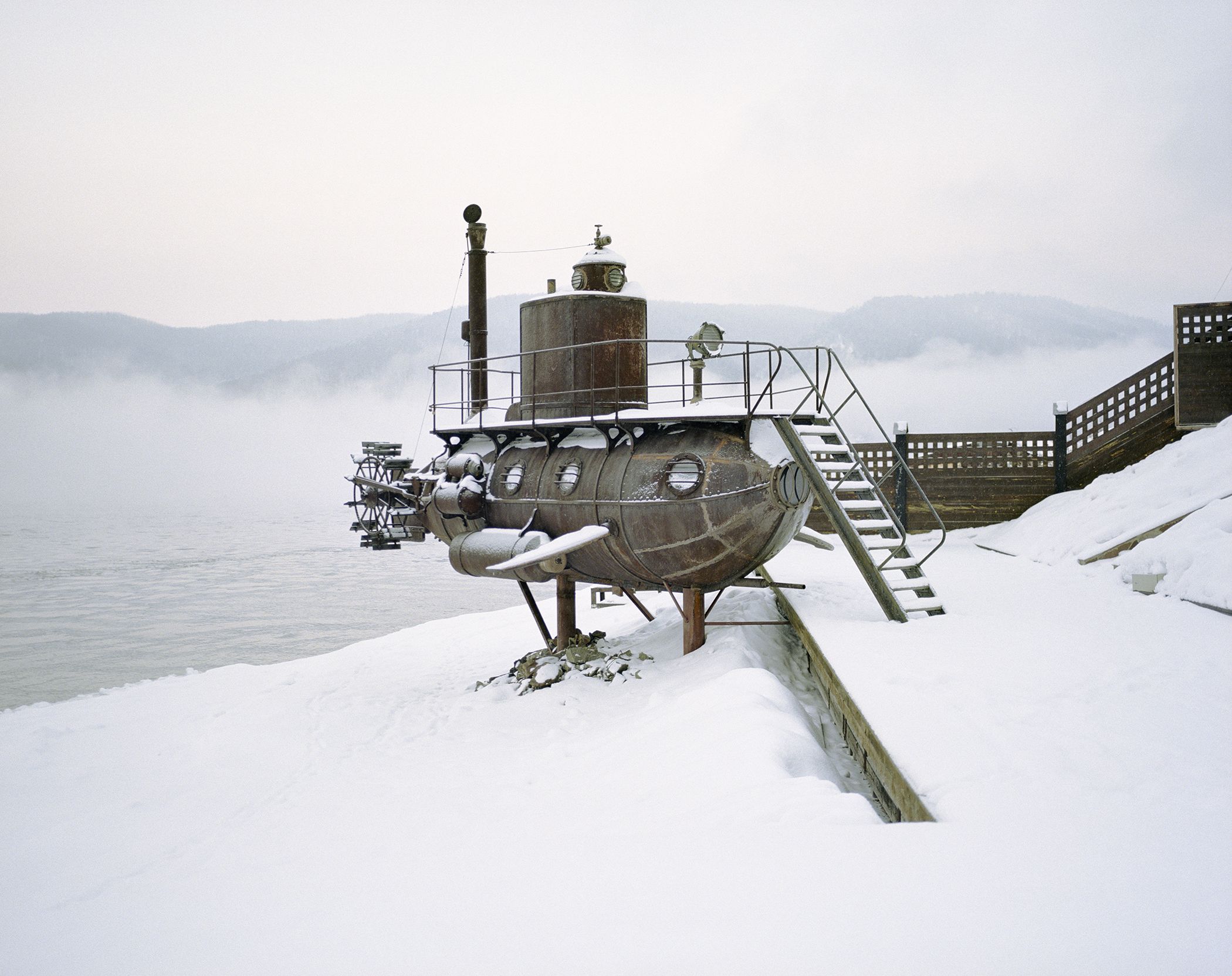
“A thrilling adventure to the ends of the earth ... Pack your suitcase for Siberia. Sophy Roberts' gorgeous prose will summon you there like a spell.”
“An elegant and nuanced journey through literature, through history, through music, murder and incarceration and revolution, through snow and ice and remoteness, to discover the human face of Siberia. I loved this book.”
MEDIA REVIEWS
"A Sunday Times Book of 2020”— Sunday Times
“A Best Book of 2020” — Times, Independent, The Spectator, i, New European
"Shortlisted" — Stanley Dolman Travel Book of the Year, 2021
"Shortlisted" — Prix du Livre France Musique-Claude Samuel, 2021
"A Sunday Times Paperback of 2021”— Sunday Times
“The Ten Best Books About Travel of 2020” — Smithsonian Magazine
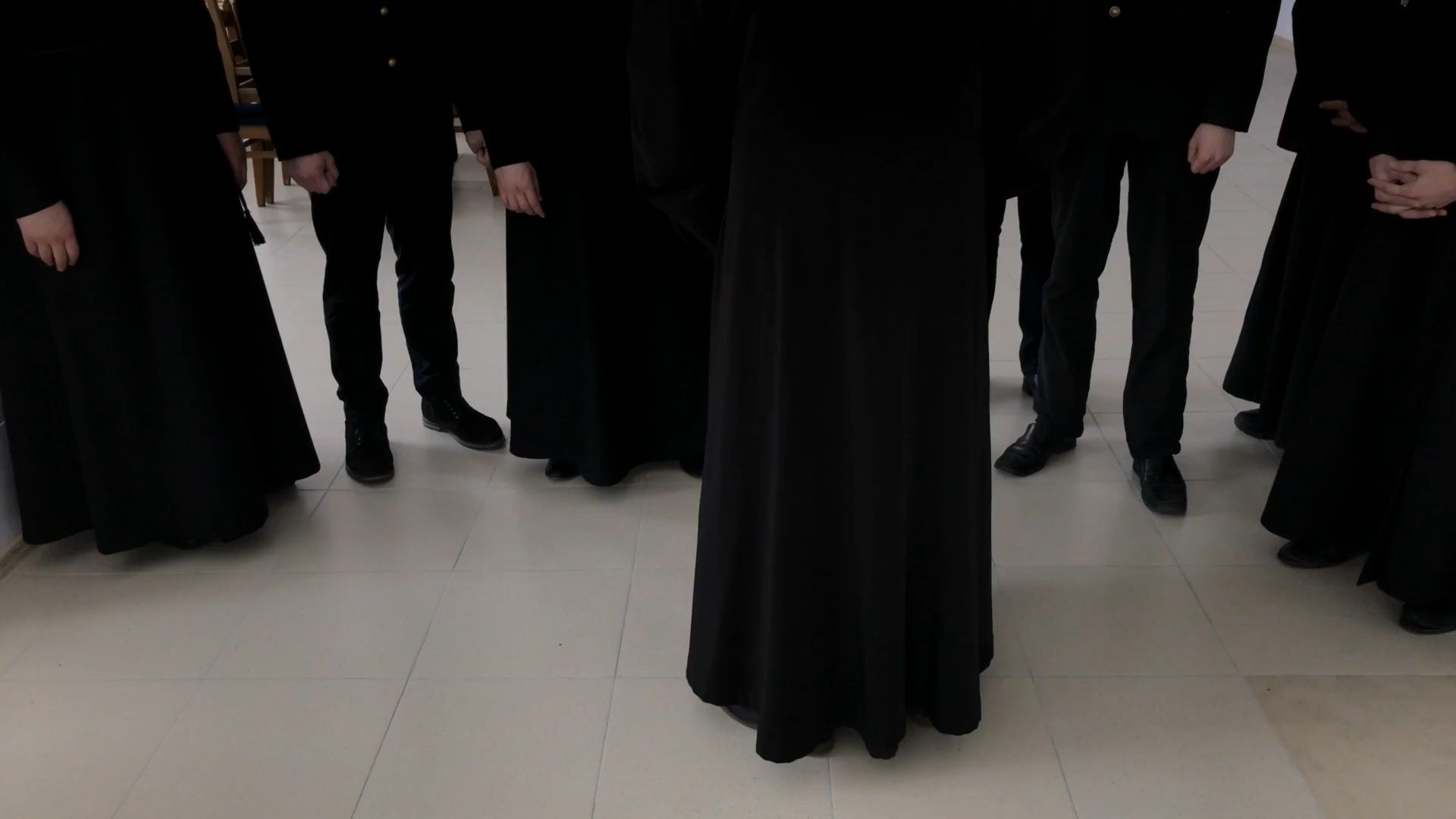
“The Lost Pianos of Siberia, Sophy Roberts's melodious first book, reveals a story inextricably linked to the drama of Russia itself... These pages sing like a symphony.” — Wall Street Journal
“The joy of this book lies in the contrast that exists between an icy backdrop and what a grand piano implies.” — Le Figaro, France
“Stunningly written ... This is a wonderful book.” — Sunday Times
“A book that surpasses many a novel in terms of bizarre and surprising turns. ” — Der Bund, Switzerland
“One of the 10 best non-fiction books of the year. ” — Falter, Austria
'An absolutely extraordinary and unique book' — Diário de Notícias, Portugal
“An exploration of tragic echoes, harmonious transience and persistent mysteries at the edges of the world.” — The Times Literary Supplement
“The book's richness is in its tangents… [a] wonderful book.” — The Financial Times
“A frankly odd idea becomes a journey to the limits of geography [in this] Kapuscinski-style reportage describing the tribulations and characters of a land about which we know almost nothing.” — La Repubblica, Italy
“A story full of extraordinary adventures.” — El Pais, Spain
“A fascinating lost story.” — El Cultural, Spain
“This really is the best non-fiction book that I have the feeling I've ever read. ... a book that I fell in love with. Such an unusual travelogue, I've never read anything like it. ... Narrated brilliantly, in a language that has a lot of heart and soul... she finds a completely new sound in an over-travelled world.” — NDR, Germany
“[The author] forges a new path through Siberia and its thousand stories, without getting bogged down in the usual clichés.” — Corriere della Sera, Italy
“Probably the most beautiful book of survival stories of the year.” — Welt, Germany
“A master lesson in pain and misery, and a happily irrational love for a great and wild country.” — La Vanguardia, Spain
“A beautiful work... so evocative of that strange land, so wonderfully original.” — Colin Thubron
“An extraordinarily knowledgeable and very moving book — not just about pianos.” — Süddeutsche Zeitung, Germany
“Roberts's descriptions of landscapes are as lovely as fine embroidery.” — New York Times
“Richly absorbing ... The Lost Pianos of Siberia is as much elegy as detective story.” — The Guardian
“Breathtaking.” — De Tijd, Belgium
“No-one has ever told Russian history from such an unusual angle... the pages of the book breathe with sincere pain, as if the author herself experienced it.” — Deutschen Welle, Russian ed.
“In searching for Siberia's forgotten pianos, Sophy Roberts finds impressive people in a damaged country.” — Frankfurter Allgemeine Zeitung, Germany
“A journey through the wild east along the lifelines of sound — brilliantly researched.” — Zeit, Germany
“An absorbing history illuminates a bleak landscape.” — Kirkus Reviews
“Hugely compelling … Roberts is a wonderfully lyrical writer.” — The Observer
“A book full of miracles.” — Elke Heidenreich, Kölner Stadt-Anzeiger
“A gripping book.” — Renate Burtscher, Ö1 Pasticcio
“To say that Sophy Roberts’ The Lost Pianos of Siberia is among the unexpected works of history in recent memory is an understatement … one of the season’s most unlikely triumphs.” — The Christian Science Monitor
“Refreshingly weird.” — Erich Klein, Ö1 Kontext
“What shines through in this book is Roberts's genuine, humane affection for and fascination with the people she meets in Siberia.” — Literary Review
“The critics only slowly became aware of this book, which was published [in Germany] in autumn, but they make up for the omission with hymnal reviews.” — Perlentaucher: Das Kulturmagazin, Germany
“A gloriously absurd quest detailed in [an] absorbing modernist masterpiece... Fluid and unflinching ... a book that deftly balances chiaroscuro, light and dark.” — Lonely Planet
“An amazing tour-de-force... it touches your soul.” — Radio New Zealand
“A thrilling expedition.” — New Statesman
“A masterpiece of modern travel literature with words that sing from its pages.” — Levison Wood
“A sense of the extraordinary marks every page.” — History Today
“Sophy Roberts writes so beautifully, even her author’s note — describing her train journey from Moscow to the Urals — hooks you in from the start.” — The Times, London
“Roberts reveals herself slowly and is terrific company, our acute, busy, sympathetic and scattered guide... Her travels are bold and sociable, and our vicarious pleasure.” — Star Tribune, Minneapolis
“A masterful example of modern historical travel writing.” — The Independent
“Beautifully constructed, clear-eyed and generous-spirited.” — William Atkins, author of 'The Immeasurable World'
“An extraordinary book which will overturn the common perception of Siberia as a place only of exile.” — The Bookseller
“Unique... unusual ... a cultural history explored like few others.” — FT How To Spend It
“Absolutely intoxicating. Such vivid detail, rich atmosphere, heartbreak, and elegance.” — Jonathan C. Slaght, author of 'Owls of the Eastern Ice'
“From Pushkin to 'Pianopolis', this history hits the right notes... With a lover’s passion for a subject and territory that she has made hers.” — The Telegraph
“Roberts's writing is beguiling... The resulting book is as wide-ranging as Siberia is vast.” — i (newspaper)
“The poetic idea of finding exquisite old pianos in an otherwise elemental wilderness is only one of many fascinating strands.” — Sydney Morning Herald
“The pianos are more than mere objects – through Roberts’ beautifully nuanced prose, they come to stand for the heart and soul of the country and landscape.” — The Irish Times
“Courage, patience, erudition and a sympathetic imagination … A travel book of rare quality.” — Dervla Murphy
“[A] quest for the perfect instrument deftly tinkles the ivories of history… Roberts’ writing is beguiling.”— Scotland on Sunday
“Roberts's research, storytelling and descriptions of the landscape will leave you spellbound. And the quiet but beautiful fortitude of Siberia lingers long after the final page.” — The Irish News
“A modern-day Freya Stark” — Tatler
“An original new voice in travel writing... Her closing pages are as moving an expression of the power of emotional absorption into Russian stories as I remember in a long time.” — The Arts Desk
“A travelogue that is deeply sensitive to the mystical pull of the Siberian landscape, precisely informed by investigative journalism, and rich in Russian history.” — Columbia Magazine
“The pianos are an excuse to travel to far-off places, indulge oneself in history, meet interesting people and tell stories, all of which Roberts does with abandon.” — Asian Review of Books
“Roberts provides a swift-moving narrative... with skilled writing that lends suspense not unlike the screenplay of an adventure/ action/ mystery movie.” — San Francisco Classical Voice
“To make a journey (and write a book) because you would like to locate an old piano in Siberia on behalf of a Mongolian pianist friend may sound, frankly, bonkers ... Yes, it’s all a bit peculiar, but that is part of the book’s charm.” — The Daily Mail
“You don’t need long in her book to grasp that the author has produced a distinctive original narrative, but also a cultural history exploring a very interesting topic … translated into beautiful, melodic German by Brigitte Hilzensauer.” — Wiener Zeitung, Austria
“A mixture of journalism and poetry.” — Kurier, Austria
“A soulful portrait of the country and its people.” — Die Presse, Austria
“This book is so full of disturbing, astonishing, instructive and poetic passages that I was sad when the journey came to an end after 337 pages.” — Tagebuch, Austria
“More complex, entertaining and enlightening than one would think … the search for these instruments saying so much more about Russia, The Soviet Union and Siberia than the task [the author] sets herself.” — Aftenposten Innsikt, Norway
“A captivating book whose intricate paths one is only too happy to follow … an extraordinary debut.” — Falter, Austria
“Curious and magical.” — Harper's Bazaar, Germany
“Totally thrilling!”— ORF 2 TV, Austria
“ Terrific. FIVE STARS.” — Bücher, Germany
“Much like Siberia, the narrative is endlessly absorbing—and in a rare win, even the author’s note is dreamy.” — Outlook Traveller, India
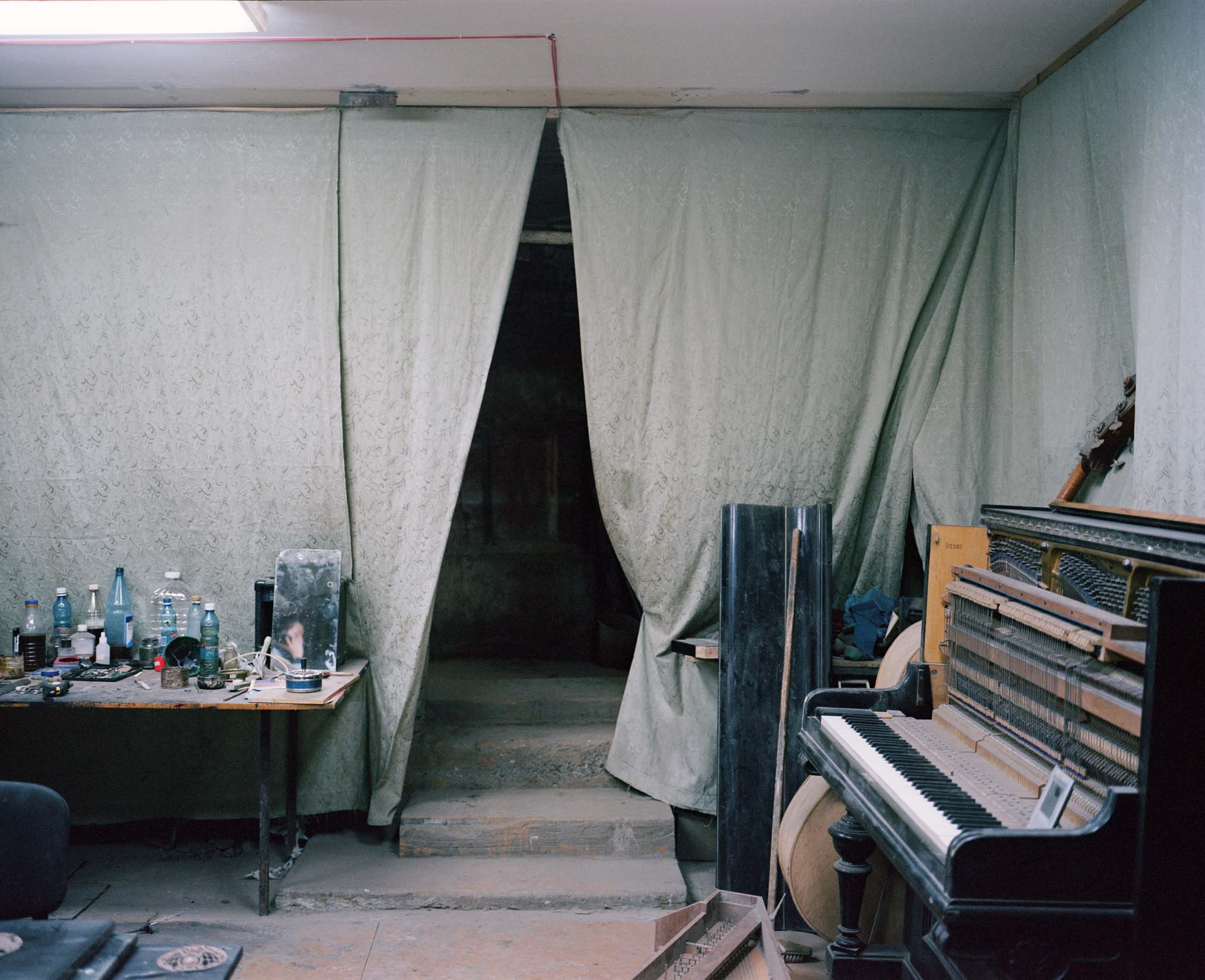
BROADCAST REVIEWS
Radio Times WHYY NPR (US)
Travel with Rick Steves (US)
BBC 3 Radio (UK)
NDR Kultur (Germany)
MDR Kultur (Austria)
Orf.at (Germany)
Ö1 Pasticcio (Germany)
RNZ National (New Zealand)
Canal Sur (Spain)
SRF (Switzerland)
ABC Radio (Australia)
RNZ Sunday Morning (New Zealand)
How To Academy (UK)
SWR 2 Radio (Germany)
Ö1 Kontext (Austria)
The Adventure Podcast (UK)
BR2 Diwan Radio (Germany)
Pappagalli Podcast (Italy)
Babel TV (Sweden)
Oxiana Radio (Spain)
Effecto Dopler (Spain)
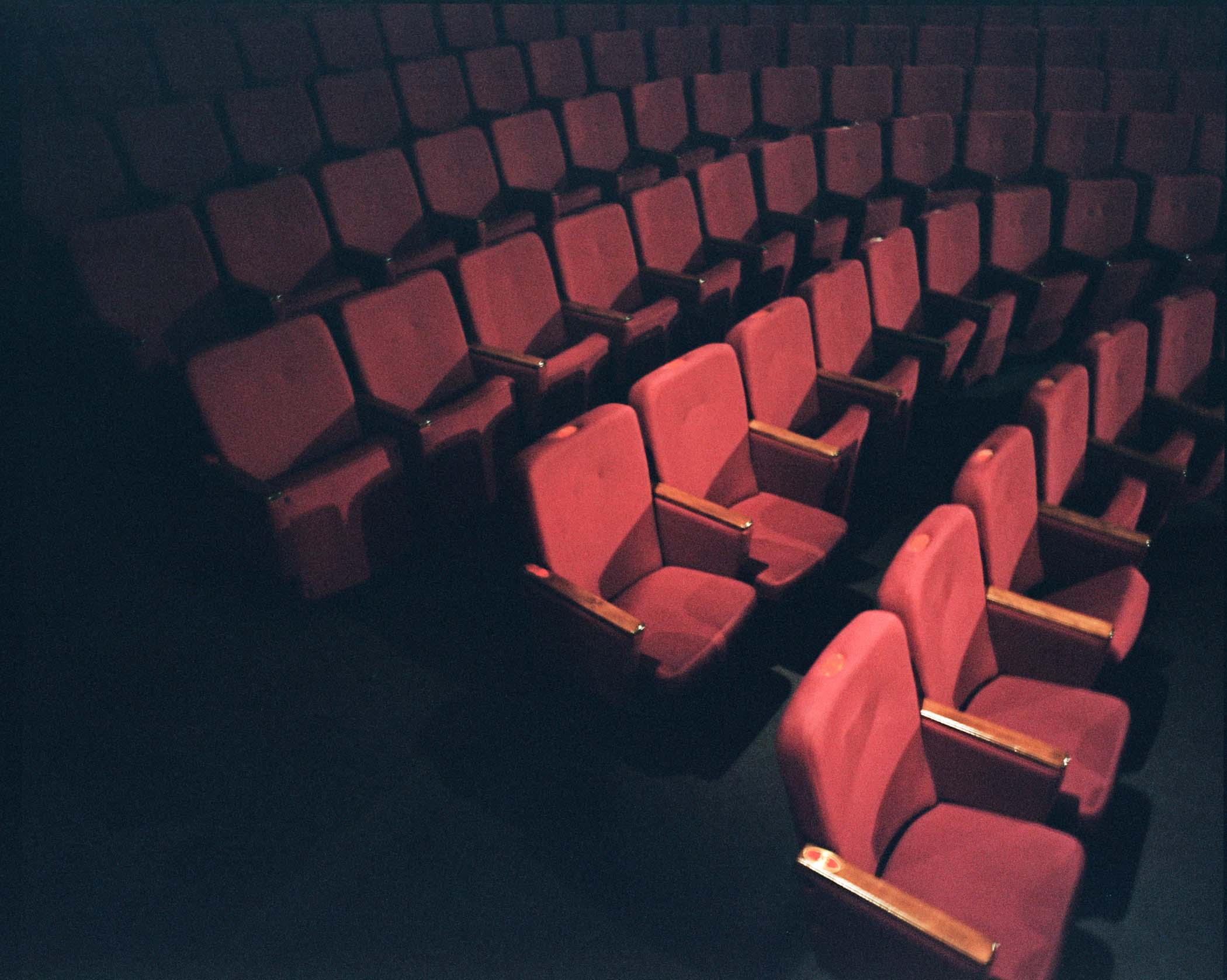
MUSIC FROM THE BOOK
You can listen to recordings performed on pianos featured in the book, played by the Mongolian musician, Odgerel Sampilnorov.
Ulziibayar Shatar, 'Morin Khuur Concerto No. 1'
Jantsannorov Natsag, 'Your Tears'
John Field, 'Nocturne No. 4'
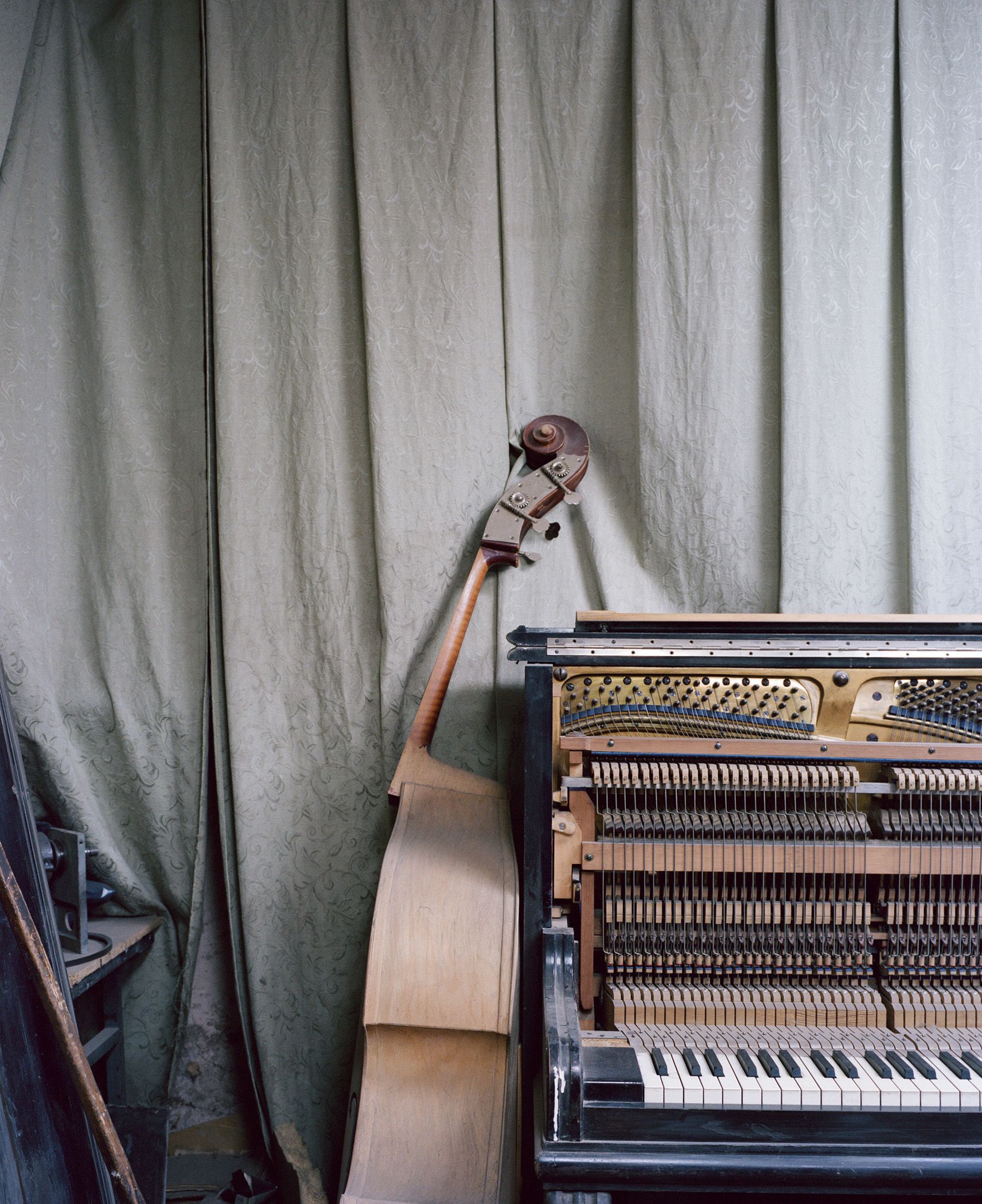
PHOTOGRAPHY
For a significant part of my journey, I was joined by the American photographer Michael Turek. His photographic monograph, is published by Damiani. Limited edition prints are available to purchase from Benrubi Gallery, New York.
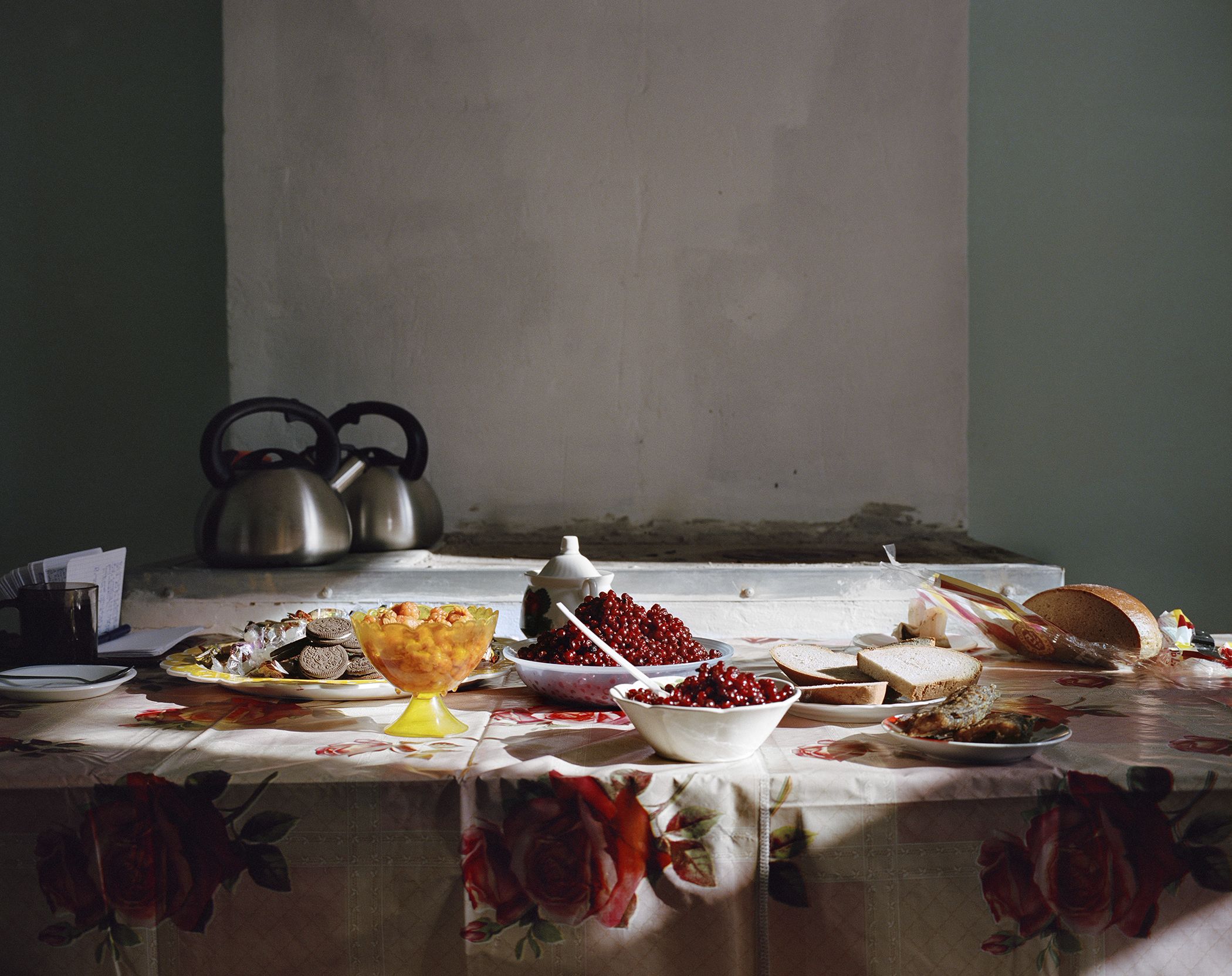
CONTACTS
Author: Sophy Roberts
Agent: Sophie Lambert
Photographer: Michael Turek
Agent: Martha North
Instagram: @sophy_roberts
Video and images copyright Michael Turek (unless otherwise stated).
Music copyright Odgerel Sampilnorov.
